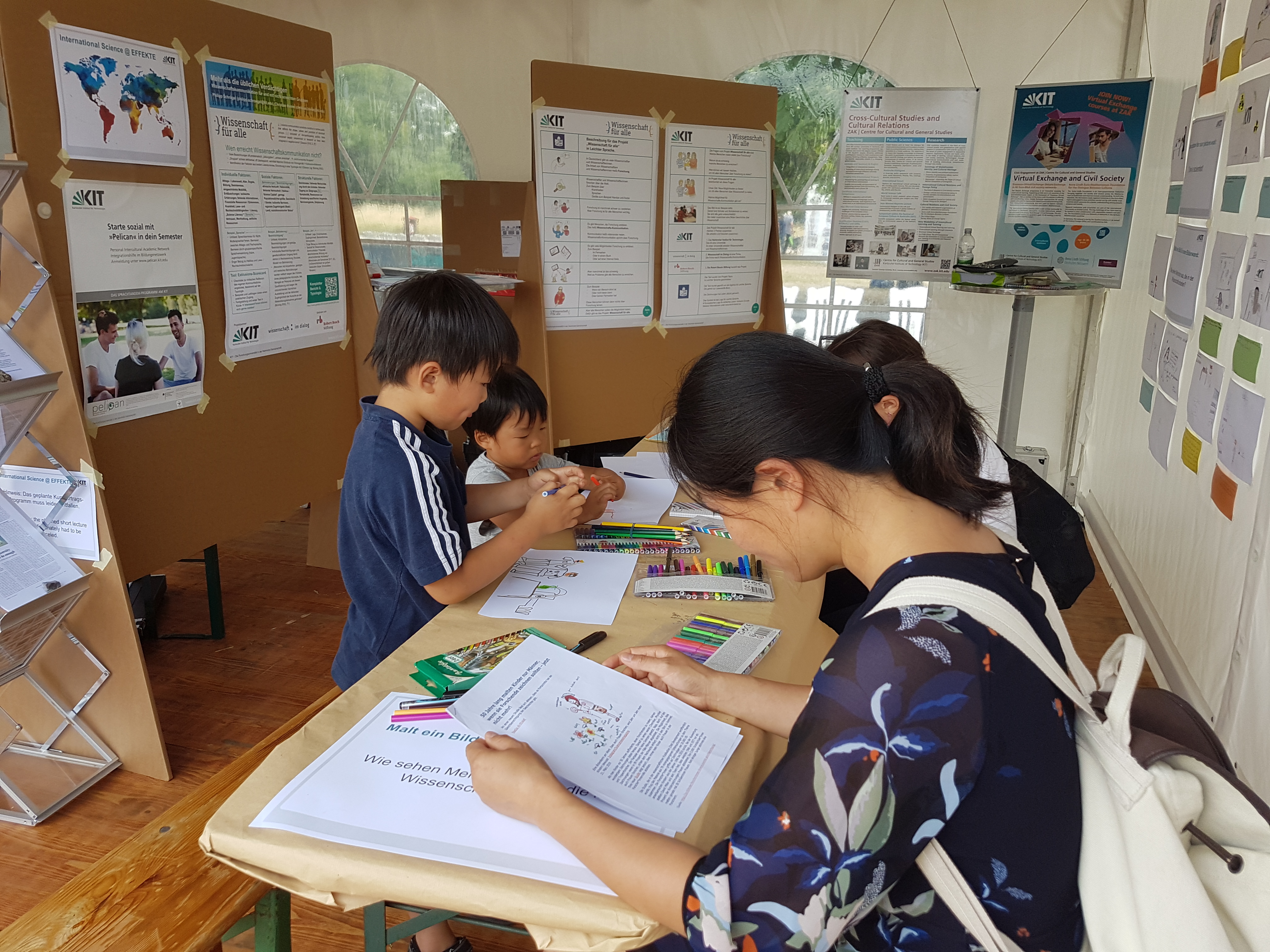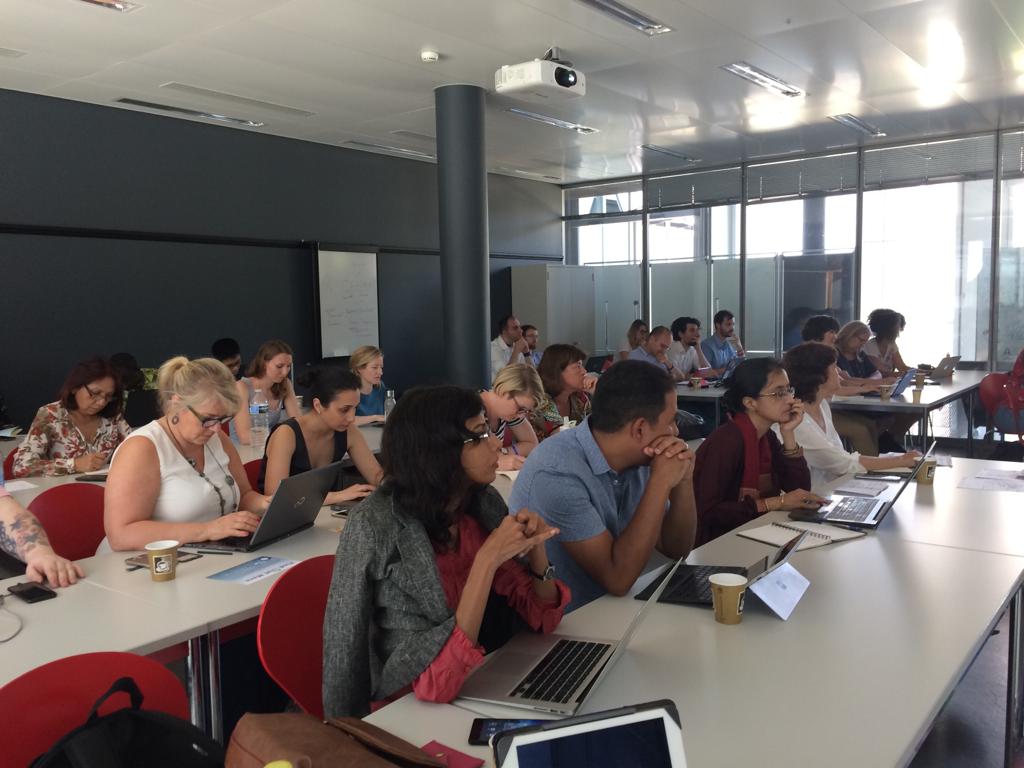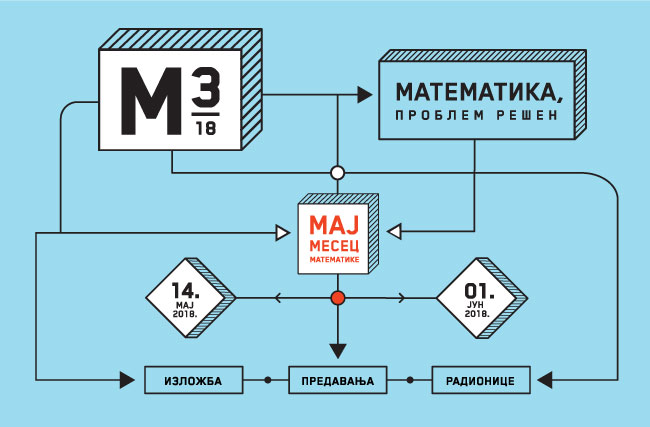A recall from the seminary held on the 15th of November 2018
Jointly organised by the University of Lyon and the University of Sherbrooke, the seminary allowed a rich exchange of experiences and gave way to other fundamental questions on how to link academia to civil society.
From Legal clinics of the Faculty of Law of the University of Sherbrooke, to the Centre of Research on senior citizens of ESTRIE via the Science Shop of University of Lyon; the quality and diversity of participants was of added value. They could bring forward concrete responses to multiple questions: How to link society to science? How can expertise from academia help in territory projects? How to position universities as contributors to the society to collectivity? What are the methodological as well as epistemological questions to be formulated in terms of the creation of knowledge?
The speakers highlighted the richness of scientific as well as participatory research which potentially generate innovative results. Florence Belaën, Director of the Direction of Culture, Science and Society of the University of Lyon and co-initiator of the seminary, recalled the institutional and regulatory context as a major obstacle for the development of these types of projects. She reminded participants that it is important to adapt the criteria for evaluation and selection of research projects, as is stated in the report of François Houllier, former President and General Director of the National Institute of Research on Agronomy (INRA) and President of the national Alliance of research on Environment (AllEnvi).
There are difficulties, but the advancement and benefits of these types of projects between University and civil society are tangible.
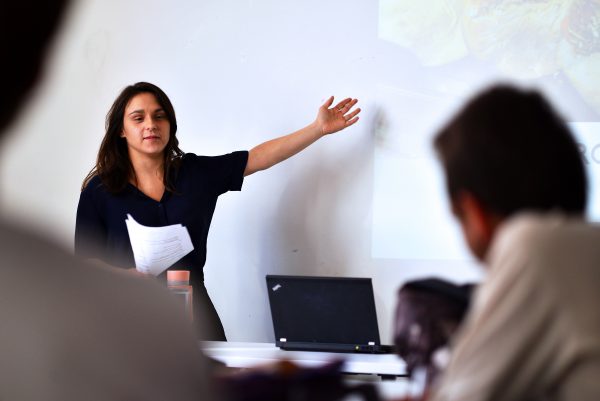
Opening borders via pedagogical innovation
How are future engineers going to change society? Marianne Chouteau and Céline Nguyen of INSA (National Institute of Applied Science) of Lyon presented some innovative pedagogical modules. They stated that “it is not society on one side and the technical approach on the other, yet it is not something natural for engineering students”. They further explained that “story analysis of télévision series could be a good example to question the place of technology in society”. Through an analysis of TV series such as Black Mirror, Sillicon Valley or Real Humans, students at INSA could thus go deeper in their reflection and question on ethics.
In his presentation on the experimental learning programme through community intervention (Programme d’Apprentissage Expérimentiel par l’Intevention Communautaire – PAEIC) of the University of Sherbrooke, Simon Bolduc insisted on the importance of developing pedagogical modules. He stated that “the collaboration between University and community social organisation (CSO) is created when there is a need”. To build a bridge between these two fields, we must place service to civil society in the heart of all learning, to integrate it in existing courses. To develop a faithful relation, we need to better adjust learning to the needs of organised structure of community.
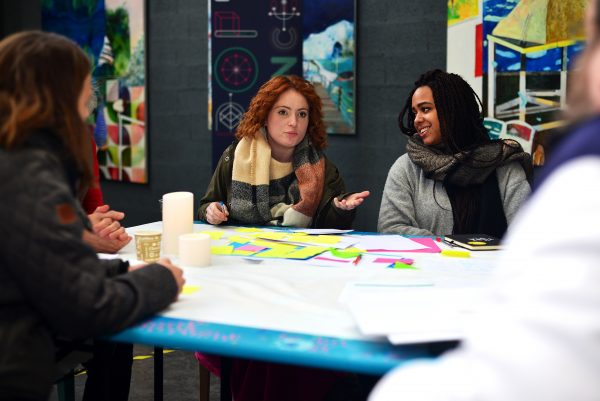
Developing the role of mediation
Many more innovative projects of participatory or collaborative research have been analysed during the seminary. One common factor is shared: the importance of mediation. Interractions allow stakeholders, whether they are ‘expert’ or not, to work together while empowering themselves with their shared knowledge and experiences. The respect of all knowledge and recognition of equality of this knowledge, be it from the researcher or civil society organisations, is a trivial condition in the project implementation. Professor Isabelle Lefort, member of the piloting committee of the LabEx IMU of University of Lyon, highlights the difficulties of such an approach. “There is often simply the problem of inter-operationalisation of data between researchers and non-researchers as this information is not produced under the same protocols”. This is where the key factor of mediation must intervene, creating the conditions for dialogue between the different stake holders. “It is necessary to consider and surpass the borders between academics and field professionals by relying on actions of mediation”.
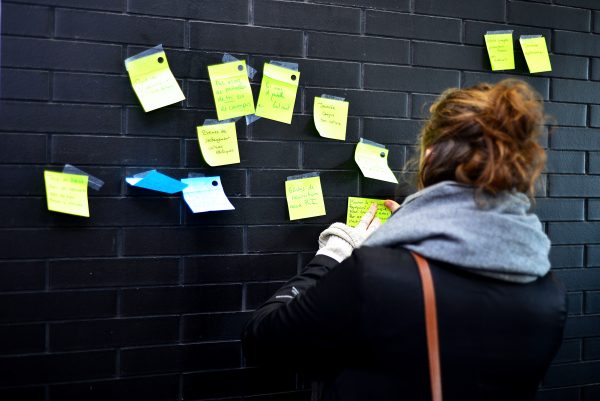
Increasing employability of students
Better quality of water for the citizens, the use of numeric tools for people with writing difficulties, citizen consultation and implication in an urban project… the social needs expressed by communities and associations are diverse. For these stakeholders, the benefits of these projects, or the approaches developed with the universities, are quite trivial.
What are the benefits for the students? “Autonomy, mediation, a sensibility to ethics are the major soft skills developped by the students involved in participatory research” states Jean-François Comeau, Deputy Director of the Centre universitaire de formation en environnement et développement durable (CUFE) -Academic centre of formation in Environmental and Sustainable development- Pauline Bryère of the University of Lyon, stated that when “coordinating projects involving different actors, the autonomy and reflection of the researcher is important”.
Nathalie Dompnier, President of the Université Lumière of Lyon and Vice-president of culture Science and Society of the University of Lyon concluded with the following words: “The strenghtening of the relation between the academic world and civil society is a must. This is part of our mission but most of all, a real opportunity of enrichment for universities”.
